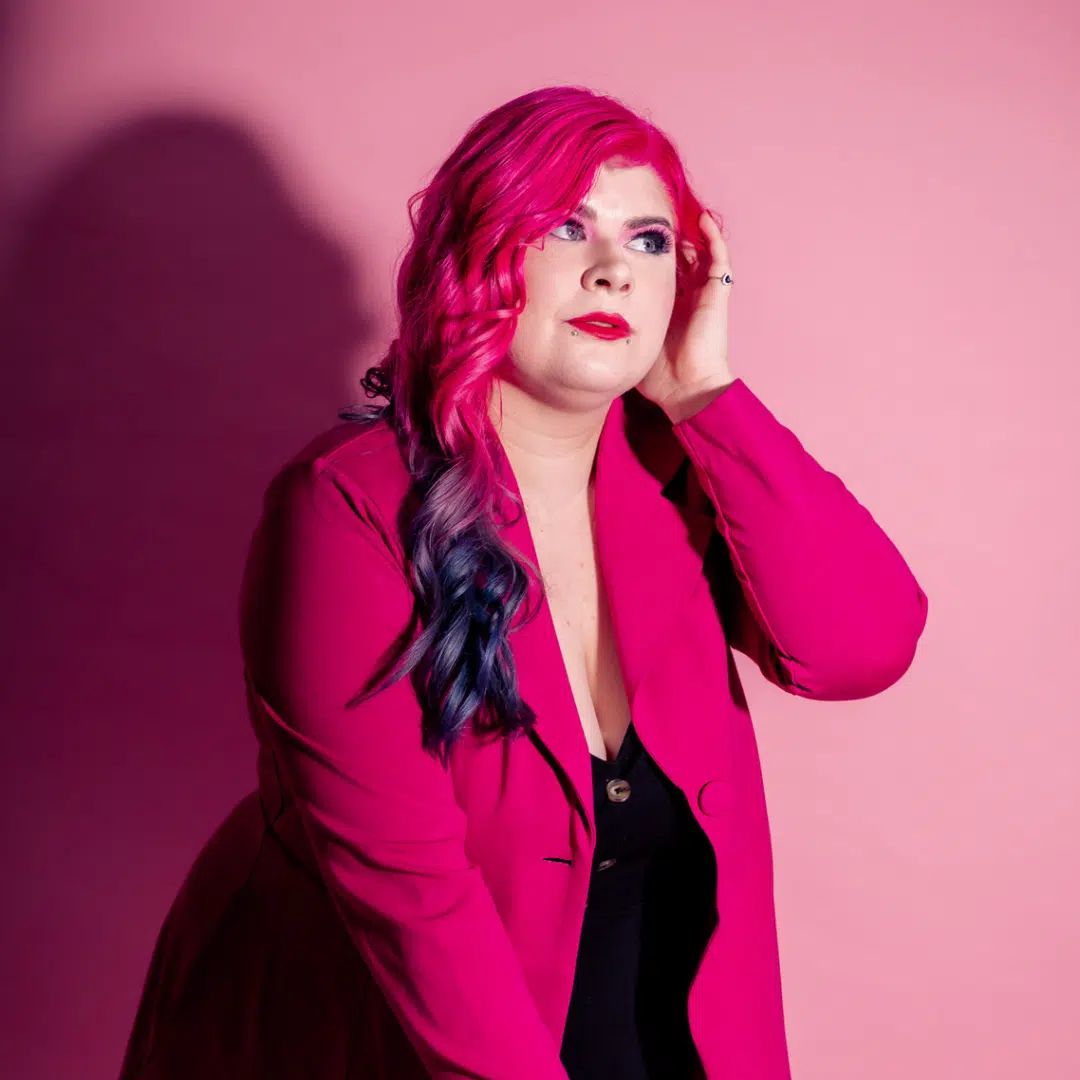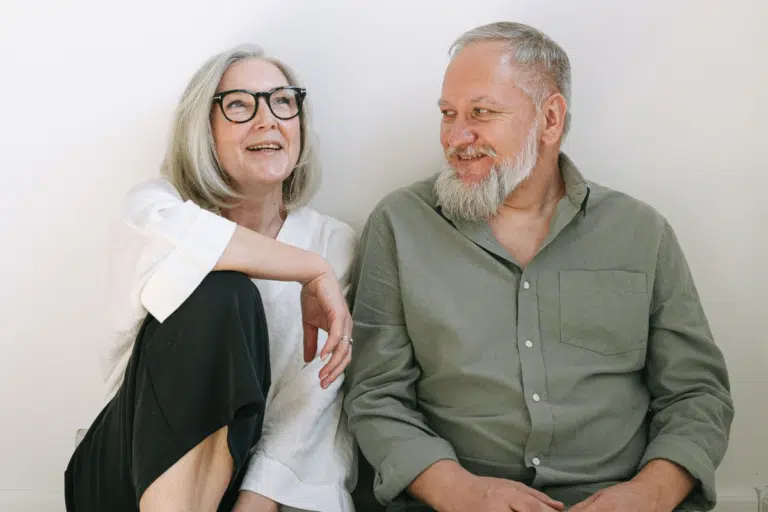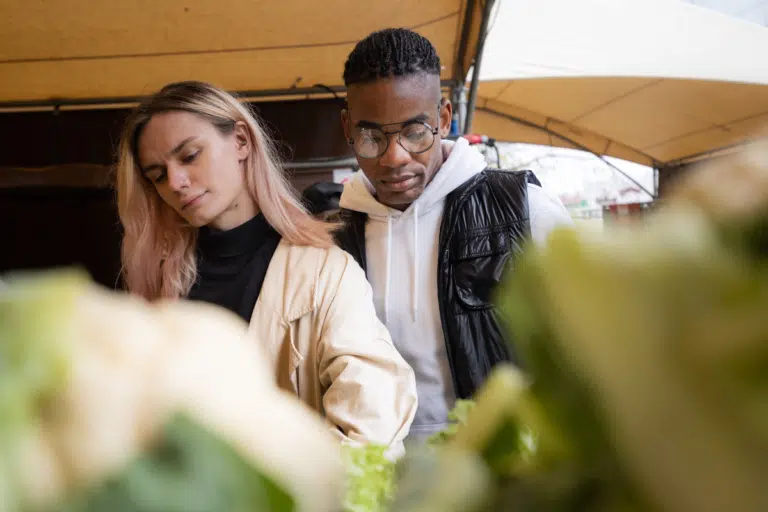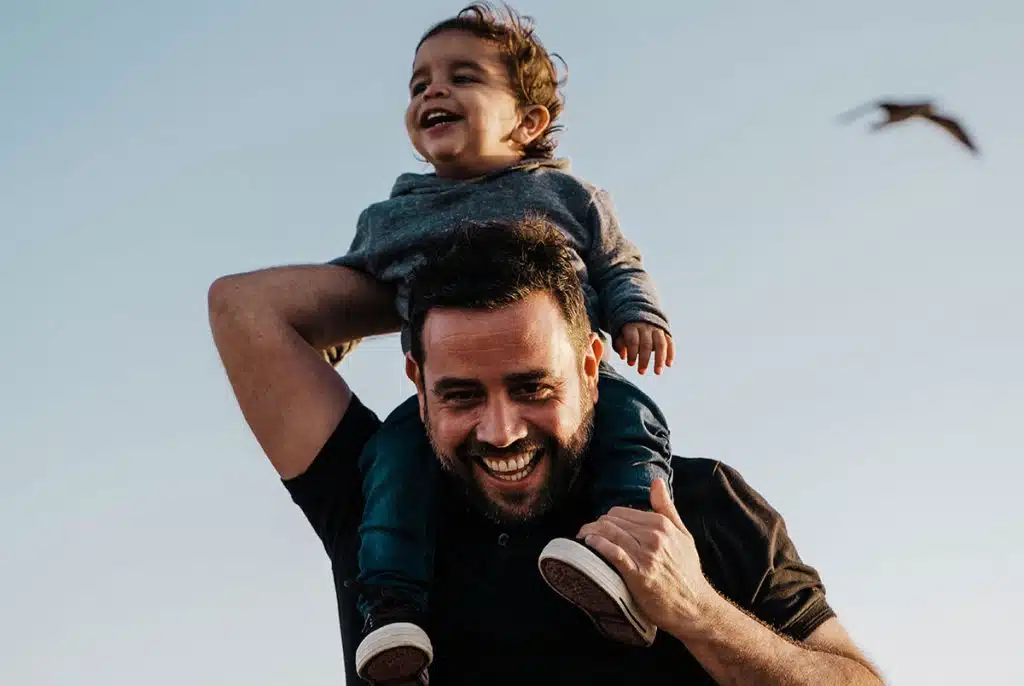It’s estimated that Australians lose around $25 billion in legal forms of gambling every year – the largest per capita losses in the world. Beyond the financial impacts, gambling can also have huge emotional and psychological costs on the individual and their loved ones.
A growing amount of evidence is showing links between problem gambling and domestic and family violence.
In a 2018 study that interviewed over 4,000 people, researchers found that people with any level of gambling issues were two times more likely to use violence against a family member or partner. Not only that, people with gambling issues were also more likely to be victim-survivors of domestic and family violence. This shows us that it’s important to look at gambling behaviour as a potential risk factor for domestic and family violence.
Unfortunately, for many people, it can be hard to know when gambling is a problem. If someone buys a scratchie every week or plays pokies with friends, is there an issue?
According to Sian – our Family Safety Programs Manager – this struggle is a result of the normalisation of gambling in our culture.
“It can be difficult for someone to differentiate themselves as a person engaging in a ‘normal’ amount of gambling, or a person who has problem gambling behaviour,” she explained.
How can gambling impact people and their relationships?
A comprehensive study on gambling and domestic and family violence identified a number of concerning impacts:
- Feelings of betrayal, disbelief, and a lack of trust when someone learned about their partner’s gambling habits.
- People spending less time with their family or neglecting family responsibilities.
- Stress, tension, and blame in a relationship related to gambling behaviour or losses.
- Existing controlling behaviours towards a partner becoming worse – this could include coercing the partner into giving them money after a gambling-related loss.
- Due to existing or worsening financial abuse, victim-survivors feeling trapped in their relationships and unable to leave.
- Violence becoming worse, in terms of severity and how often it occurred, with gambling behaviours often preceding violence.
- After leaving a relationship, people continue to experience financial abuse from gambling debts accrued in their name.
Grace, Relationships Australia NSW’s Family Safety Practice Specialist, said gambling behaviour can become a factor in someone’s pattern of abusive behaviour.
“For example, a person gambling might neglect their responsibilities as a partner or parent, or be causing increased financial stress for the family,” Grace said.
“If a person is concealing their behaviour or resulting debts to their partner or family, it can also increase their sense of shame – which might prevent them from speaking out or getting help.”
Traditional gender roles can exasperate issues, like a man being “in charge” of finances and decision-making, or a lack of respect towards women.
“Users of violence often have a sense of entitlement, generally tied to ideas about gender roles in relationships,” Sian said.
“In a gambling context, this can feed a narrative that this behaviour is not bad. For example, they might think: ‘I work hard and earn the money, so I should be able to spend it as I please’.”
Victim-survivors and their use of gambling
As identified in the 2018 study, anyone can experience gambling problems, including victim-survivors of domestic and family violence. In their research, almost 16% of victim-survivors used a “gambling venue” as a place to escape from violence inflicted by their partner.
Other studies reinforce this link, showing that gambling and DFV often co-occur. In 2014, among 463 people attending gambling help services in Australia, 27% reported experiencing physical domestic and family violence in the past year, with significantly higher rates among women (38%) than men (21%). A separate 2015 study found that 20% of people seeking treatment for problem gambling had also experienced DFV, again with higher rates among women.
Additionally, a pattern of gambling can be a coping method.
“Symptoms of trauma are extremely uncomfortable,” Sian said. “Gambling can be a form of escape, because it can feel good, instill hope, and brings hyperfocus to the gambling activity, which can allow for temporary relief, or avoidance or dissociation from trauma symptoms.”
In some cases, victim-survivors might be experiencing financial hardship, which makes them more susceptible to gambling activities, as they hope for financial gain.
Not doing it alone
Whether you are using violence and gambling, or your loved one is – there’s help and professional support available.
We know people can feel shame reaching out, both people who use violence and victim-survivors, but we’re here to provide confidential, non-judgemental care.
At Relationships Australia NSW, we have invested in learning more about the links between gambling and domestic and family violence to better support our clients.
In our Hunter-based Men’s Behaviour Change Program, which is for men who use violence in their intimate relationships, our staff have received training with GambleAware. By becoming more skilled and cognisant in the area, gambling has become more frequently reported, particularly by victim-survivors.
“The program works individually with men to understand their situation, pattern of behaviour and what are their risky behaviours and situations, like gambling,” Grace explains.
“We also work directly with the partners and family members of men in the program to understand their concerns and sense of safety and wellbeing in the relationship.”
Beyond our services, you can get in touch with:
- Lifeline: 13 11 14
- GambleAware: 1800 858 858
- Men’s Referral Service: 1300 766 491
- 13 Yarn: 13 92 76
- Q Life: 1800 184 527
Relationships Australia NSW offers a range of domestic violence support services for people experiencing domestic violence, as well as men’s behaviour change programs for people who use violence in their relationships. Contact us for a confidential discussion about how we can support you.
Zoe Simmons is an award-winning disabled journalist, copywriter, speaker, author and advocate. Using her lived experience of being a chronically ill, queer, disabled autistic with complex mental illness, Zoe writes—and speaks—to make the world a better place. You can find out more about Zoe on her website, or follow her on Facebook, Instagram, Twitter, LinkedIn or TikTok.
Related Services & Workshops

Group Workshops.Individuals.Trauma
Women’s Choice and Change
This program is a free domestic violence support group for women. Our family therapists provide a safe and caring space to share and learn from others who understand your experiences. Skills and strategies are provided to help you move forward with your life.
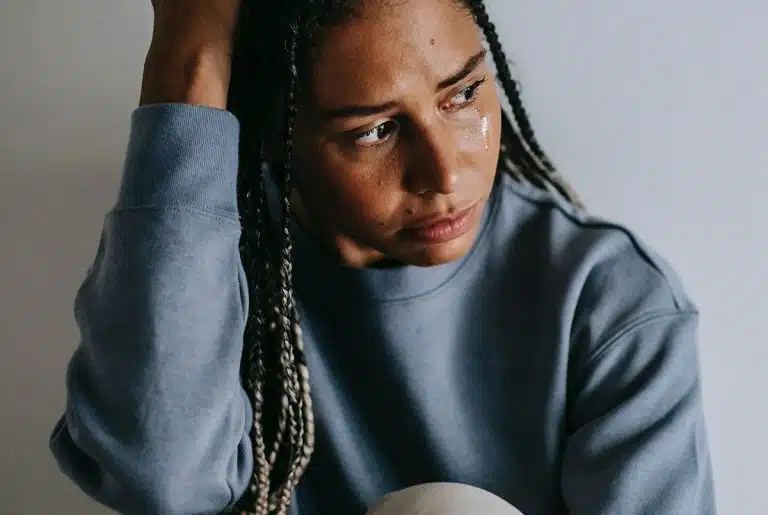
Counselling.Individuals.Trauma
Domestic Violence Counselling
We all have the right to feel safe. Taking the first steps to speak to someone about domestic and family violence can be conflicting and overwhelming. At Relationships Australia NSW, we provide compassionate, understanding, and confidential domestic violence support for victims.

Tailored Services.Individuals.Domestic Violence
Taking Responsibility – Men’s Behaviour Change Program
An intensive program involving casework support and an 18-week group program to help men make choices that match their values and intentions to develop safe and respectful relationships.



